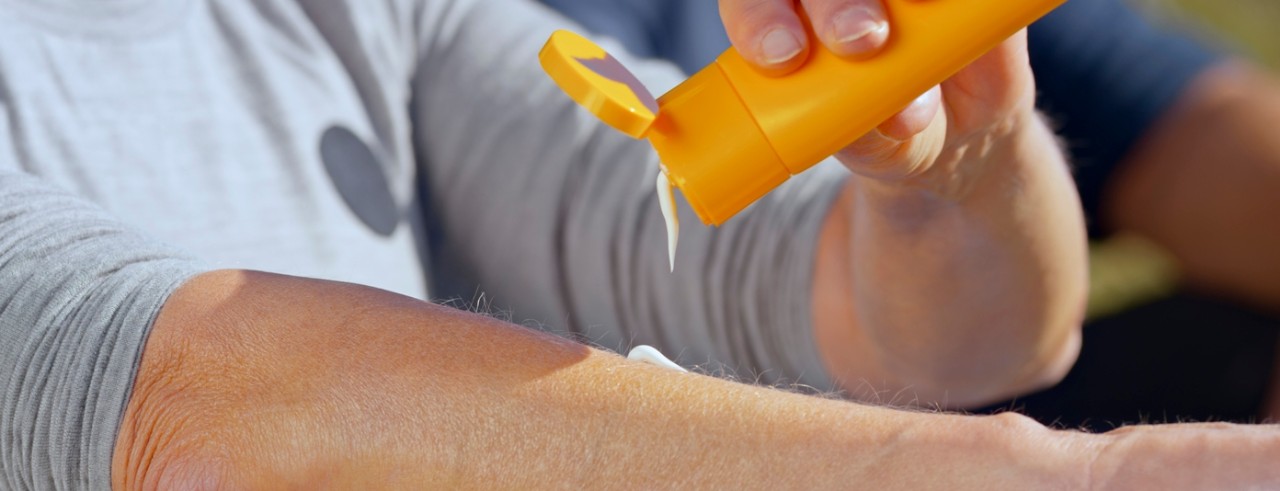
What is 'sunscreen doping,' and should we be concerned about it?
UC expert featured in Allure article
The University of Cincinnati's Kelly Dobos was featured in an Allure article discussing "sunscreen doping." The phrase describes brands reportedly not using chemical filters so they can market sunscreens as 100% mineral, only to include ingredients that are not technically chemical filters but function similarly to them.
While suncreens are labeled either "chemical" or "mineral" in stores, Dobos previously noted this describes how the products work rather than whether they are derived from "natural ingredients." Mineral sunscreens create a barrier on the skin to reflect UV rays, while chemical sunscreens are absorbed into the skin and create chemical reactions that lead to repelling UV rays.
Sunscreen doping implies a negative connotation that brands are "cheating," much like athletes using performance-enhancing drugs, by burying the names of certain ingredients on drug facts labels.
Dobos explained the ingredients in question are not sunscreen filters themselves and typically don't provide effective UV protection on their own. But when used combined with an FDA-approved chemical or mineral filter, they can greatly increase UV protection.
The bottom line, Dobos said, is there is not currently enough data to conclude whether these "sunscreen boosters" are inherently safe or unsafe because they have not been formally petitioned as a sunscreen active ingredient to the Food and Drug Administration.
“Sunscreen boosters haven’t been subjected to the gauntlet of safety testing that [FDA-approved UV filters] are currently subject to,” said Dobos, a cosmetic chemist and adjunct instructor in UC's Cosmetic Science Program in the James L. Winkle College of Pharmacy. “While these boosting ingredients may be safe as currently used, we just don’t have the same amount of data.”
Featured photo a top of a person applying sunscreen. Photo/simonkr/iStock.
